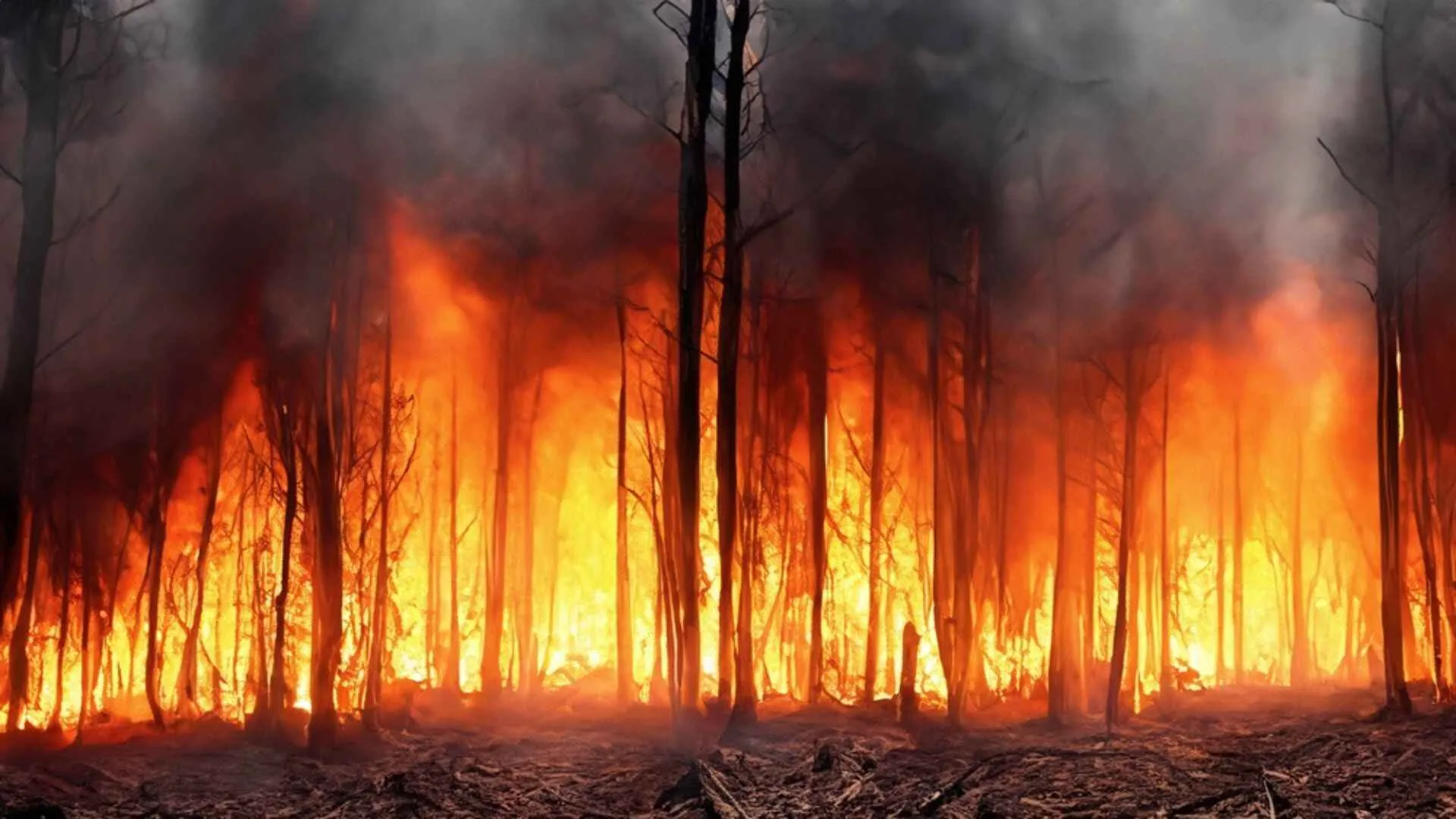A blank canvas, expected to fetch up to Rs 13 crore, will be auctioned this week in Germany. That was after the infamous banana duct-taped to a wall that, prior to its ingestion, had sold for more than Rs 52 crore in the art world. This white canvas challenges the very notion of creativity and purpose, much like the banana art raised questions about the very essence of art. Is it a critique of emptiness, an icon of peace, or just a stunt in the art world?
The painting, which is part of Robert Ryman’s 15-work ‘General’ series, ‘General 52″ x 52″‘ is one of a kind. According to German auction house Ketterer Kunst, it is sure to fetch a high figure, but this figure does not include taxes, buyer premiums, or resale rights. At first glance, the canvas might seem blank, but it is actually painted with white enamel, a medium involving layering glass dust mixed with oil and pigments, which is carefully sanded before each new layer is applied.
Ryman, who died in 2019, once said, “I don’t think of myself as making white paintings. I make paintings; I’m a painter. White paint is my medium. There’s a lot of color involved. I don’t mean colour like red, green, and yellow; but, colour, in that sense.” This work was first exhibited at the Fischbach Gallery in 1971 and is quintessentially Ryman: white, serial, squared, analytical, and conceptually driven.
Also Read: Taped Banana On The Wall, Sold For $6.2 Million In New York
This work is part of the ‘General’ series, where each piece varies slightly in size. The artwork on auction is 52″ x 52″, with the entire series ranging from 48 x 48 inches to 55 x 55 inches. Some works from the series are held in the Solomon R. Guggenheim Museum in New York and other public collections in the US and Paris. Ryman’s painting was about process, not subject. “A painting has to do with, well, with paint, basically,” he once said. “It’s never so important what you paint, it’s how you do it.”
In this respect, the idea of Johann Wolfgang von Goethe that “all colours exist in black and white” fits perfectly into the concept of Ryman’s art, adding deeper conceptual layers to his work.














